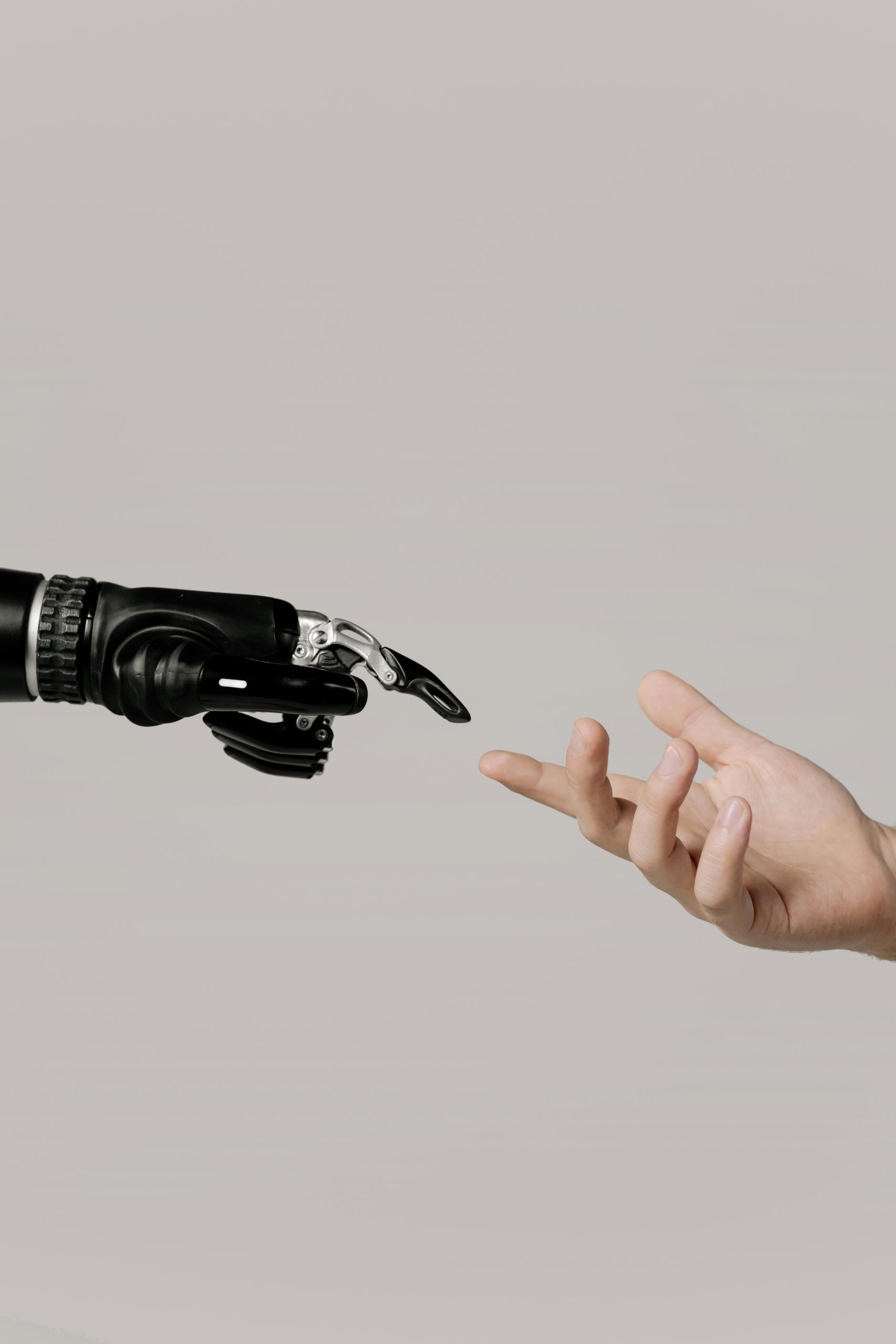Forecasting the Future: Facing Uncertainty as My Industry Transforms Beyond Recognition
Navigating the Future of E-Commerce: A Personal Reflection on the Impact of AI
As someone who has dedicated nearly half of their life to the e-commerce industry, it’s a strange and unsettling time filled with uncertainty. At 30 years old, I’ve worked my way through various roles, beginning my journey in sales and progressing to my current position as Director of Partnerships at my agency. Since starting in e-commerce when I was just 14, I’ve accumulated a wealth of experience in web development, design projects, and comprehensive marketing campaigns, with budgets ranging from modest to over a million dollars.
However, the rapid advancement and adoption of artificial intelligence are reshaping the landscape of my industry in ways I never anticipated. Just a few years ago, one of my former employers had a robust SEO team consisting of 25 talented copywriters. Recently, a friend in touch with that agency revealed they now only have four writers left, despite their SEO revenue increasing by $20,000 each month. This drastic reduction illustrates how AI has empowered agencies to replace many entry-level writing positions with automated solutions, allowing senior writers to focus primarily on refining AI-generated content to ensure it meets copyright standards.
Additionally, I’ve learned that another agency has eliminated their entire U.S.-based development team in favor of leveraging teams from Latin America. In this new setup, communication is facilitated predominantly through AI tools like ChatGPT, which assist in managing tasks on platforms such as Jira and Slack.
While I don’t believe the industry is on the brink of collapse, I can certainly see the shifts taking place. Innovative AI tools are now capable of transforming Figma designs or even rough sketches directly into functioning websites. I’ve observed how AI can autonomously generate precise code for upsell features, eliminating the need for human developers altogether. Google’s advancements in AI and prompt-driven search techniques further indicate that traditional SEO practices could soon become obsolete.
With this seismic shift towards automation, I find myself at a crossroads. As I pursue my Project Management Professional (PMP) certification, I’m contemplating a transition back into a senior project management role, perhaps in a different sector altogether. The future feels uncertain, and while I’m excited about the possibilities that lie ahead, I can’t shake the feeling of ambiguity that this technological evolution creates.
In this transformative era, adapting to change seems more critical than ever. Whether you’re entrenched in e-commerce or navigating a different field, it’s essential to stay informed and ready for what lies ahead. As we embrace














Post Comment